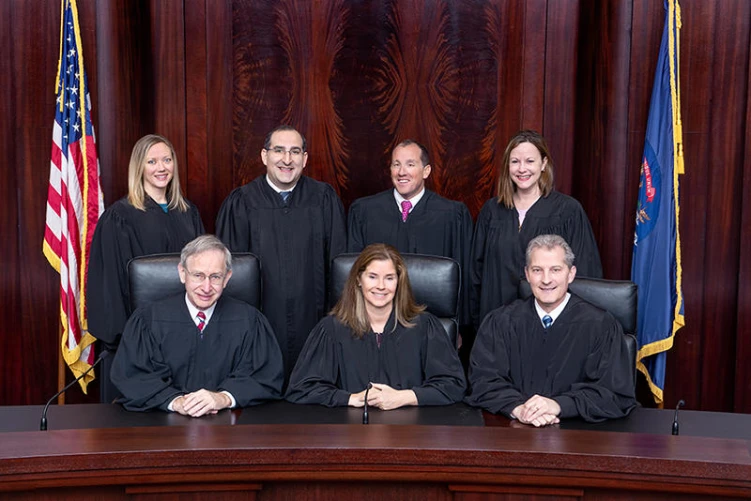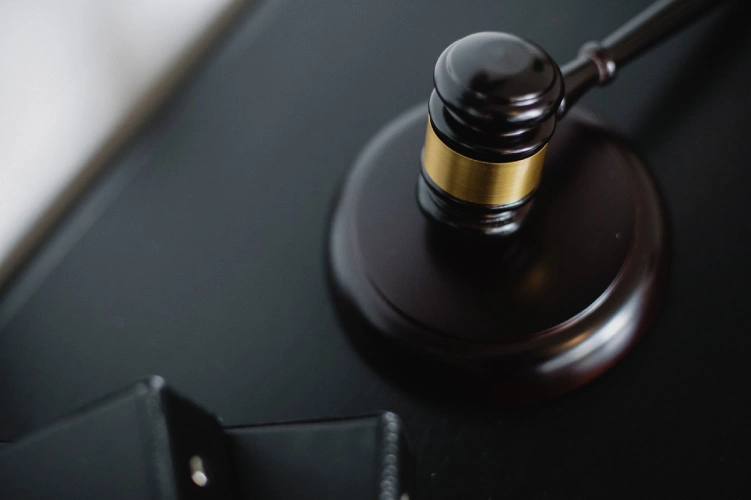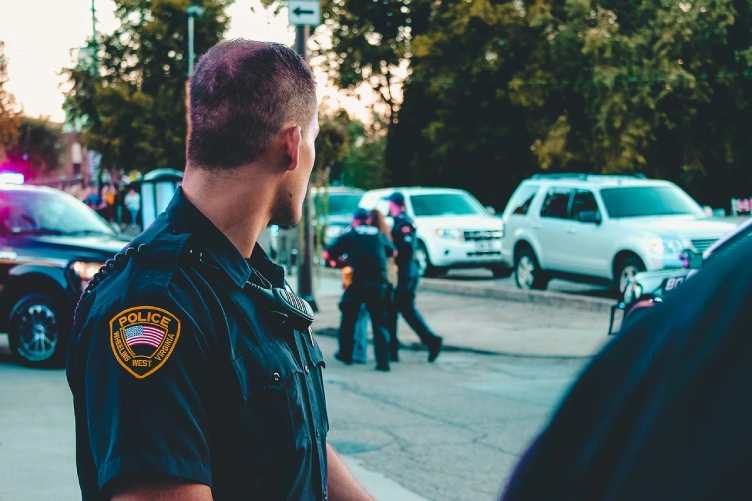Despite decreasing steadily over the year, crime is still pervasive in the United States. Fortunately, majority of all the crimes committed in the United States don’t belong in the heinous classification of felonies but rather with misdemeanors.
According to expert research, misdemeanors represent approximately 80 percent of all crime on the court system docket. The same experts claim that over 13 million misdemeanors are filed per annum, creating huge pressure on the justice system.
But not all misdemeanors are the same. Some are considered more reprehensible than others and thus deserving of more punishment. These are called gross misdemeanors.
But what is a gross misdemeanor? And what sort of punishments are associated when people commit gross misdemeanors?
What is a Gross Misdemeanor?

The definition of gross misdemeanors tends to change from state to state, as with most things regarding law enforcement. However, there are several commonalities between each definition regarding this type of crime.
Most misdemeanors have minimal violence or involve minimal property loss. The higher tier misdemeanors, on the other hand, are more severe. These types of criminal activity are where the line between misdemeanor versus felony gets blurred.
Gross misdemeanors are also called aggravated misdemeanors in some states. There are several types of crimes that most states categorize as gross misdemeanors.
Here are some of the most common types of crimes that fall under this category.
- Domestic battery is defined as the willful harmful or offensive touching of someone you are intimate with or someone you were formerly intimate with. A person does not need to intentionally want to harm someone or cause any lasting physical damage for the act to be considered battery. Ripping someone’s shirt or even pushing someone hard enough can be constituted as domestic battery.
- Stalking involves the repeated violation of someone’s privacy and intruding into their personal life and spaces for any number of reasons. Not all stalkers are romantically attracted to the people they are stalking. A single instance of stalking can be construed as a gross misdemeanor, but repeated instances can become a felony charge.
- Theft. An instance of theft can be as low as a citation to as high as a gross misdemeanor, depending on the value of the object stolen. If someone steals an object or money worth up to $500, they can be charged with a lesser misdemeanor charge. However, stealing something worth up to $1,000 can mean a petty larceny charge, which is a gross misdemeanor.
There are many other types of crimes that can be classified into this category, but some factors can exacerbate a lesser misdemeanor into an aggravated one.
First, repeated instances of the same crime can lead to a charge escalating into a gross misdemeanor. Second, violence or a sexual component can make the crime into one. Finally, operating a motorized vehicle in a reckless fashion, such as under the influence of drugs or alcohol, is guaranteed to land you an aggravated misdemeanor charge without some slick legal maneuvering.
What are the Punishments for Gross Misdemeanors?

The line between a felony and a misdemeanor is determined not only by the severity of the crime but also the intensity of the punishment.
Some crimes don’t have any jail time associated with them whereas some crimes can have both a fine and jail time. The general definition of what constitutes a misdemeanor is that they are crimes that have the following maximum penalties.
- These crimes cannot have a maximum jail time that exceeds 365 days or one year
- Any fine associated with a misdemeanor cannot be worth more than $1,000
Any crime whose punishment exceeds these limits are felonies. Gross misdemeanors are the most severe of their kind, and therefore have the highest possible punishment.
For example you can face up to a year in prison as well as a thousand-dollar fine for reckless driving, depending on the state and the inclination of the judge for hearing your case.
Next, not all gross misdemeanors have only jail or fines as a punishment. Some judges may order a criminal to also go through a seminar or a course that they think will help prevent them from repeating their crime.
For example, a person arrested for driving under the influence may be court mandated to attend a support group on alcoholism or retake a driver’s test. On the other hand, the judge may also choose to remove privileges from a person if the gross misdemeanor proves they can’t handle the responsibility associated with that privilege.
In the above example involving reckless driving, the person responsible is almost certainly going to have their driver’s license revoked.
Gross misdemeanors are serious crimes, even if they are considered lighter than felonies. Understanding what factors can affect a criminal charge and turn them into a gross misdemeanor can help you with your decision making and steer you away from trouble.



